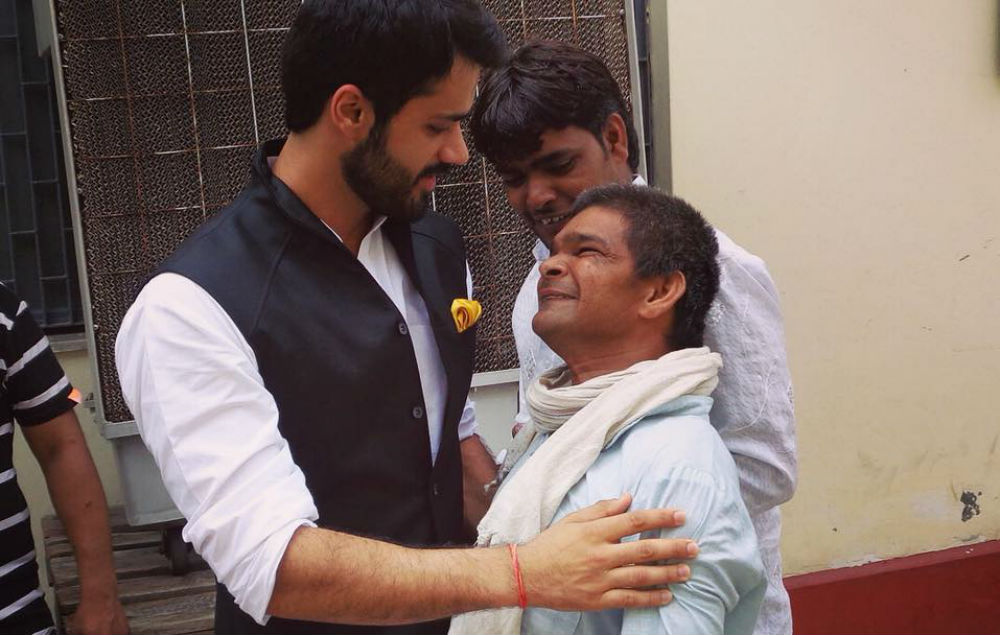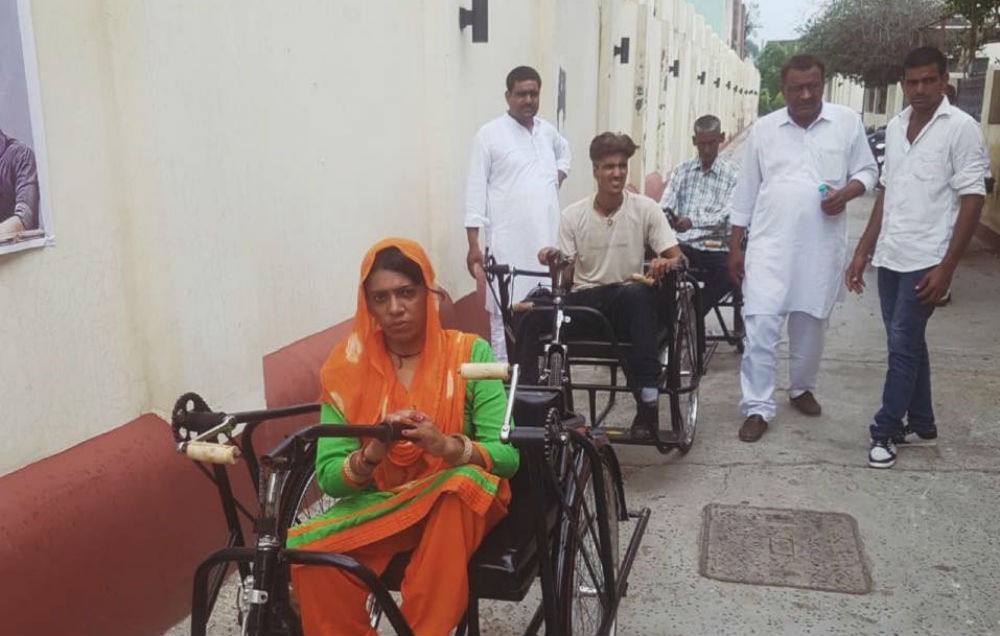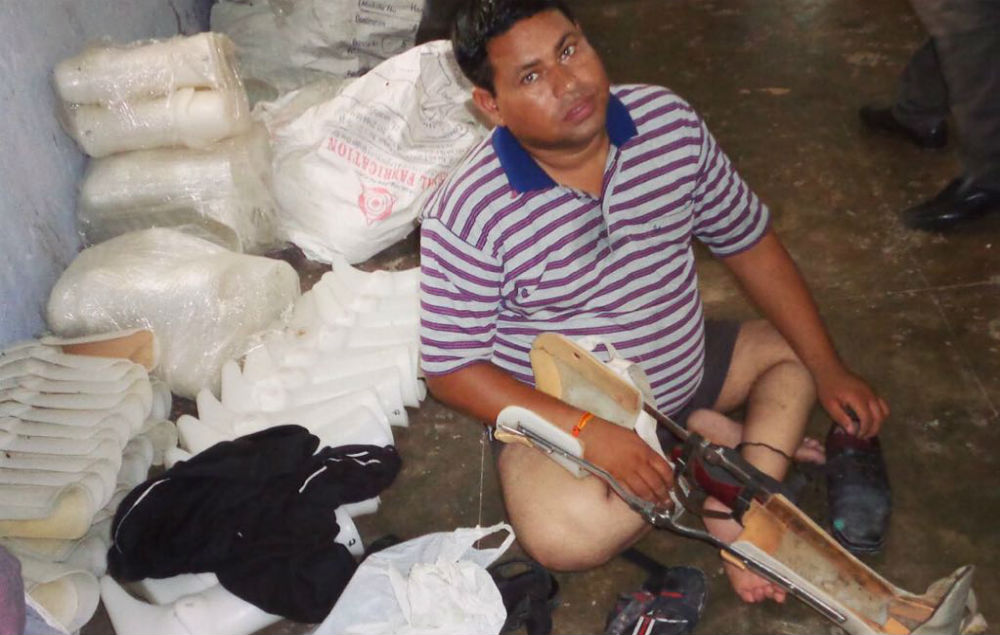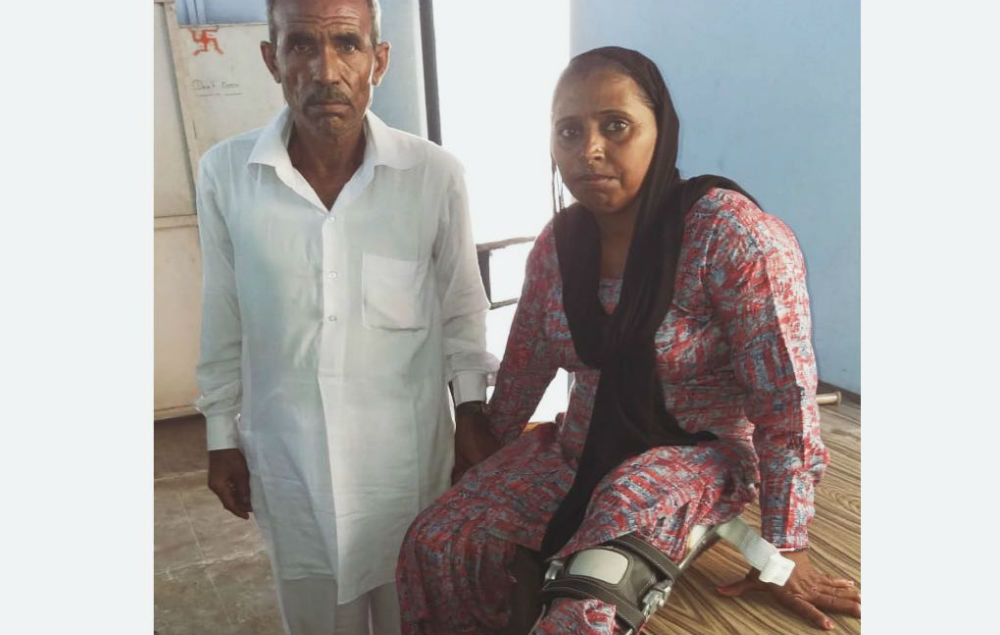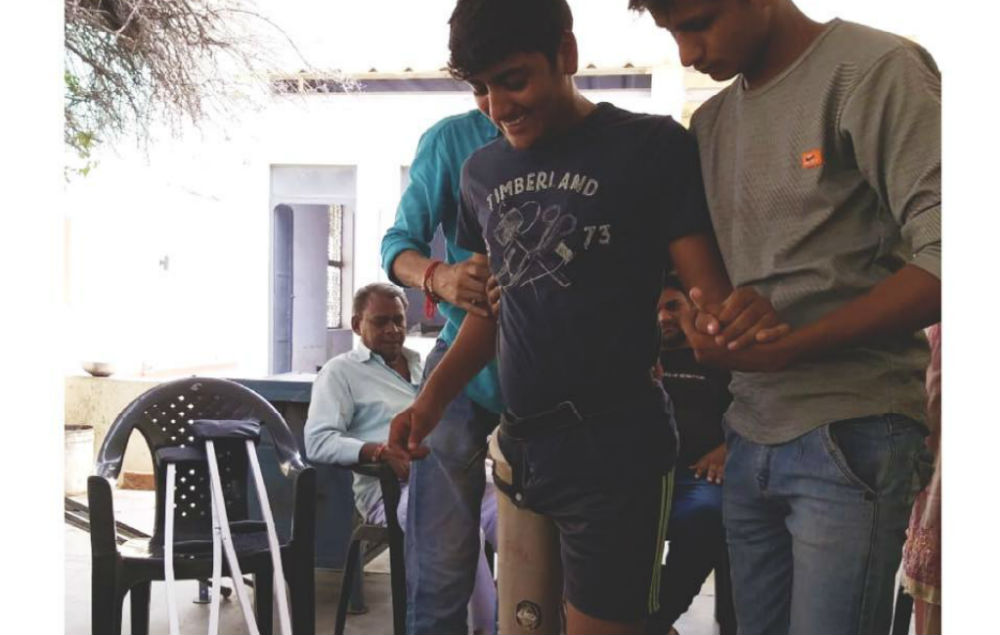As per Census 2011, in India, approximately 2.68 crore people are specially abled, translating to 2.21% of the total population. We at BGIF understand that ‘inclusive development’ is the right, if not the only, path towards sustainable development, and focussed initiatives for the welfare of specially abled persons are essential. We believe that people with challenges are a very valuable resource for the country, and we wish to create an environment that provides equal opportunities, protection of rights, and full participation in society.
After an extremely successful campaign for people with hearing challenges, with more than a 1,000 people being given free high quality hearing aids, BGIF decided to rehabilitate individuals with physical challenges. Not only would this uplift the afflicted individuals from the scourge of physical disability, but also empower their families. BGIF believes that these patients’ misfortune should not limit her or him from living with dignity and pride.
In the spectrum of physical disabilities that exist, in-movement disabilities form the largest component, affecting more than 21 percent of those disabled in India. The likely causes of in-movement disabilities are cerebral palsy, polio, leprosy, and amputation due to diseases and accidents.
Thus, as Part 2 of our ‘Muskaan’ campaign, BGIF took more than a 100 physically challenged people to Hardyal Viklang Seva Kendra in Agra to rehabilitate them. With the help of a qualified team of our esteemed partner – Hardayal Viklang Seva Kendra – callipers, crutches, prosthetic limbs, and tricycles were provided to patients customised to their needs.
The camp was carried out broadly in two phases; the first phase was focussed on preliminary screenings and diagnoses. Once the patients were diagnosed, they were then classified into four main categories;
- Impairment caused by Polio, to be addressed by callipers;
- Amputation due to accidents or diseases, to be addressed by personalised and customised prosthetic limbs
- General challenges, to be addressed by new callipers or crutches; and
- Those who need mobility assistance, to be addressed by tricycles.
Following the treatment, the sense of hope – one of soaring aspiration – in these individuals was deeply fulfilling for the team at BGIF. In our path to prosperity, we often forget those who are not as fortunate as us as they suffer from various social, economic, and personal challenges. Ensuring their welfare does not only change their lives but also increases opportunities and freedoms, and ensures equal treatment and participation in society of their families, friends, and communities as a whole.

